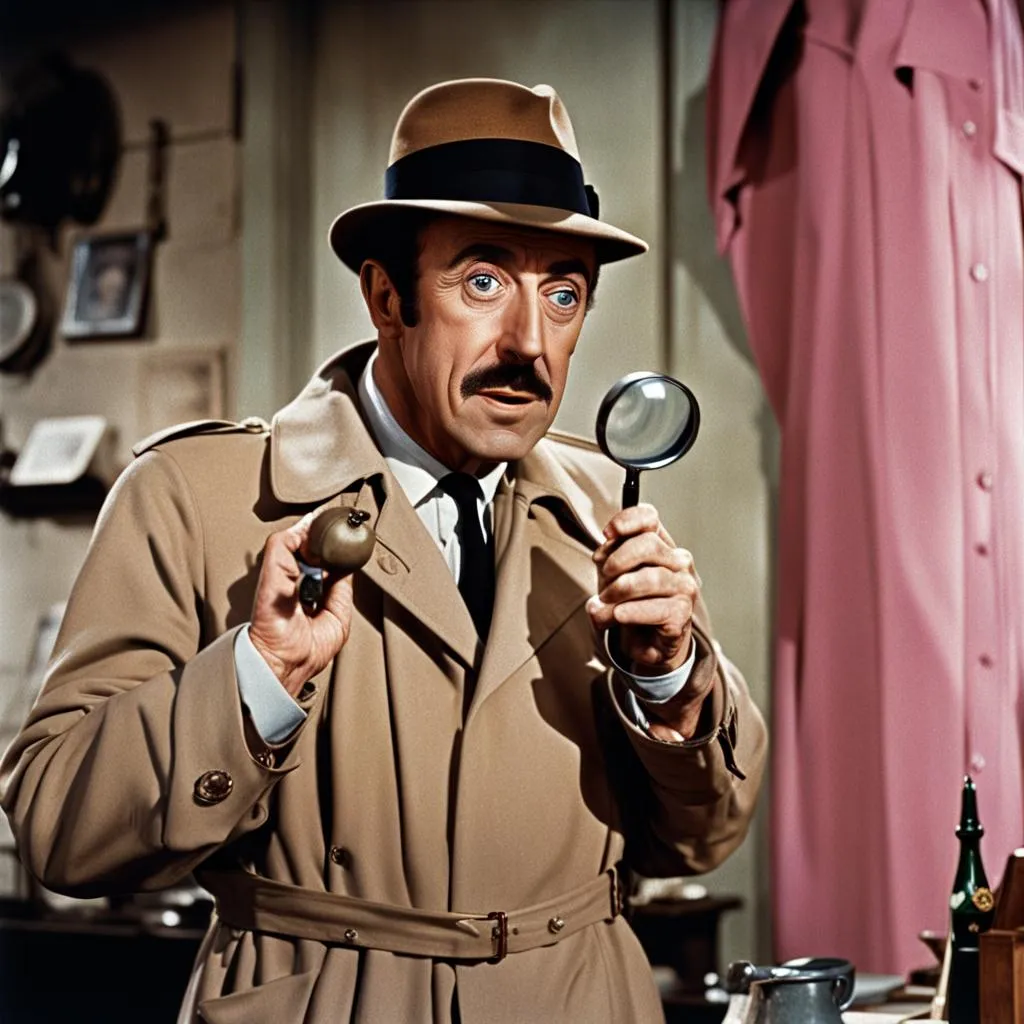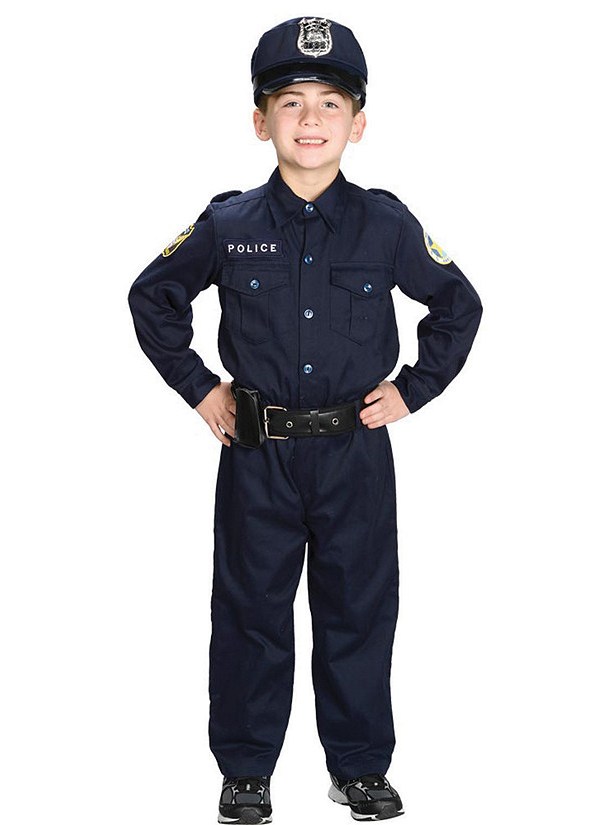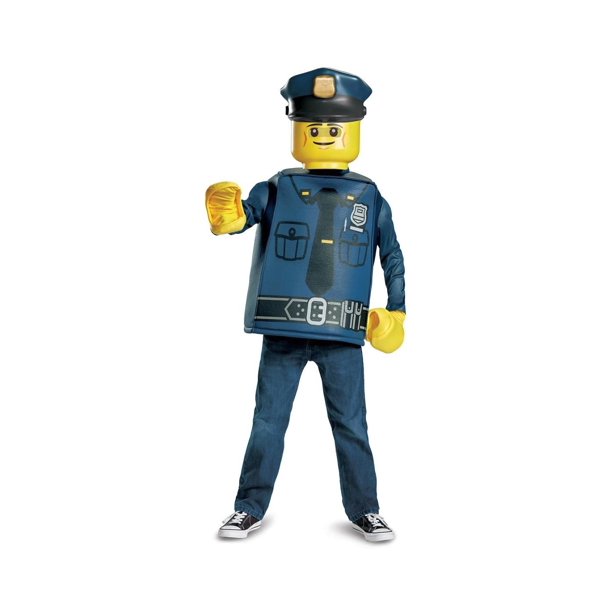Secret Operations
BOOK SERIES: James Bond, Mission Impossible, Mr Bean, Get Smart
Focal Site: like FBI, CIA training, to become a 'secret agent.'
Conspiracy Theories, or labelled crazy, actually sent away to a mental asylum as a Means to Discredit Truth-tellers, whistle-blowers
Small Spies, The Recruit
SECRET OPERATIONS - Bourne, Incredibles, Spy Kids,
Soldier Girl, SECRET OPS
story: young girl joins the military, grew up in military family with her dad a current high-ranking officer. shows sexual harrasssment in training, cronyism, gets promoted rapidly, and ends up in a weather-modification control-room in a DUMB first under the Denver airport, and later under Antarctica.
Captured Politicians, sting operations
Elections
Bourne, James Bond
Secret Budget, Money-making ops
Secret Programs
Weather
Hurricanes, FEMA Camps – Allegations that FEMA is preparing concentration camps for mass detentions.
WEATHER MODIFICATION
CLIMATE CHANGE, Control Climate, Global Warming
Global Warming
Hurricanes
EMF, radar, tower pulses
Ionospheric frequency emitters, 5g, other arrays, or using whole tower grid as an array
Weather Modification Satellites
Geoengineering
Man-Made Tornadoes
Large Wildfires
Lasers, masers, beam research
Chemtrail Weather Modification
Droughts
Tsunamis Caused by Underwater Nuclear Tests
Volcano Eruptions to Influence Climate
Sun machines, reflectors, energy, eclipse
Cloud Seeding
Flooding Events
Energy Induced Earthquakes
videotaping for control
wiretapping
surveillance
high-tech tools
drone and microrobot attacks
ai crypto-hacking
Super Soldiers
Project Montauk Mind Control Experiments
Military Abductions (MILAB) Linked to UFOs
Remote Viewing Used by Military Intelligence
Directed Energy Weapons (DEW)
Depleted Uranium Weapons Cover-up
HAARP as a Military Weapon
Organized Crime
Fundraising
Black Budget Projects
Use of Military domestically
Drones | Unmanned Aerial Vehicles for active ops
drones as assassins. $100 drone can drop bombs on $1 million tanks
drones for surveillance
autonomous robots
autonomous robot soldiers
Electromagnetic EMF
Heartburn Gun, gives stomach indigestion
dis-information, propaganda
filming cgi DeepFake Videos
Secret Project to produce lifelike holograms in the sky, or against a backdrop
Secret Project to fake an alien invasion
Secret Project to bend time, and see into the past and the future
5G is a Global Surveillance Network
Smartphones Constantly Recording Conversations
Smart Home Devices Spying on Owners
Google and Apple Collecting Biometric Data
Facial Recognition as a Global Control Grid
COVER-UPS, Inaction if criminal charges pressed
surpressed from above, police all suicided or got in accidents
loss of witnesses, suicide, videos lost, plane crash destroyed the data,
gunman shot the computer hardrive, coverup
Internet Censorship
Internet Identity Program | Government Permission To View Sites (digital ID)
Digital Footprint Monitoring by Intelligence Agencies
Implantable Microchips for Tracking Citizens
Global ID Systems for Total Population Control
Social Media Platforms as Surveillance Tools
Internet of Things (IoT) as a Spying Network
CCTV Networks Creating a Police State
Automated License Plate Readers
Smart Cities are Tightly Controlled Systems
Phone Tracking, surveillance
phone radiation, non-ionizing
Body scanners
Behaviorial Scanners
Facial Recognition
Models, Yachts
Celebrities sometimes serve double-duty, entertaining us, as well as becoming involved in intelligence operations for public safety
Sex tapes
Snuff films
blackmail control
Epstein Didn’t Kill Himself – The financier's death was murder to cover up a sex trafficking ring.
Pizzagate – A conspiracy claiming a child trafficking ring was run from a pizza restaurant. Pedophilia, adrenochrome.
Pedophilia
Parties, drugs, money
Digital ID Surveillance
biometric checkout
cashless
biosensors in airports, govt operations, corporate security
Police

story: young joins the police, slowly is tested and watched, joins civic groups, where some well-known community figures belong, and after several years, invited into local secret society, shows the corruption, but goes farther into govt and social agencies.
Play Police, criminal situations
Police Academy
Starsky & Hutch
BAYWATCH, BEACH
CSI Miami
Hawaii 5-0
Nancy Drew Mystery - Episodes
Sherlock Holmes - Episodes
Police Academy
Investigator
Forensics, Evidence
proliferation of laws
lack of oversight
Surveillance, pre-crime
Thought crimes
SWAT-style raids, Warrants
Criminal Psychology
Immigration, Two-tier Justice
Organized Crime
Trafficking
Family Law
Criminal Law
truth, honesty, honor, justice
- stealing, lying
safety, stay safe.
- criminals
- traffic
Stories at the Police Station - Lost Dinosaur
Stolen Pirate Treasure at the Police Station
- the courthouse (lawyers, judge, court room
Police station, Police Officers
IN AN EMERGENCY, DIAL 911, Stay Calm, and speak slowly
Do you know your address
Do you know telephone number


HAWAII 5-0, Starsky & Hutch, CSI Miami, Detectives, police investigation
- crime, criminals
crime scene
detective (woman)
forensics
Stories at the Police Station - Lost Dinosaur
Stolen Pirate Treasure at the Police Station
- the courthouse (lawyers, judge, court room)
Police station, Police Officers
Jail, prisoners - playgroup puts on a show for the prison (Jailhouse Rock, Elivs Presley)
(folsom prison blues, Johnny Cash)
law, lawyers, Court
Beware strangers bearing gifts
Don't steal, lie, cheat (Karmic, moral, ethical guidance)
Obey the law (moral, ethical guidance)
self defense
TALKING TO STRANGERS
ACCEPTING GIFTS
kidnapping
 POLICE-COURT-PRISON-INDUSTRIAL SYSTEM
POLICE-COURT-PRISON-INDUSTRIAL SYSTEM
US Prison Slave Labor Gulags
privatization of prisons
increasing jail rate
POLICE IN SCHOOLS
Police Oversight, Video, Audio
Make officers personally liable for their actions
Militarization of Police
Police weaponization
Police Brutality
Police Riot Technology
Police State
Martial Law
Quarantines
Illegal Search and seizure
Institutionalization of Kidnapping
Institutionalization of Child Trafficking
justice system captured, two tier
Police Firing Rubber Bullets At Protesters
Police Join With The People
Police Refusing To Carry Out Unlawful Orders
showing personality and behavior of officers on duty.
History, Capture of Government, Intelligence Agencies, Industry, Education, Media, Invention, Religion
History of Politics, Elections
Hidden History
- Feminism
Ancient Egypt in Grand Canyon
Tartaria
An advanced society flourished several hundred years ago. Their civilization was world-wide, and their ornate, well-constructed buildings harnessed etheric energy and converted it to free, wireless electrical power, but also heat. Also, using sound and resonance, they constructed churches as healing centers with pipe organs and large bells. They had a sophisticated knowledge of energy, sound, intention, and spirituality. Evil, power-hungry, ignorant people harnessed this power against the people, and killed most of the world's population through energy weapons and natural disasters.
Adults were targeted, imprisoned or sent to mental asylums, or killed outright. The evil cabal took their children away, and in just one or two generations, largely supressed knowledge of the prior civilization, replacing it with a made-up history. Much of the solid construction survived the man-made disaster, and was reclaimed and rediscovered, not built, as falsely has been put forth. This type of 'great reset' is conducted regularly, every time the general population begins to notice the evidence all around them.
history of law, Magna Carter
history of colonial emprires
Rome, Vatican
City of London
Washington DC




